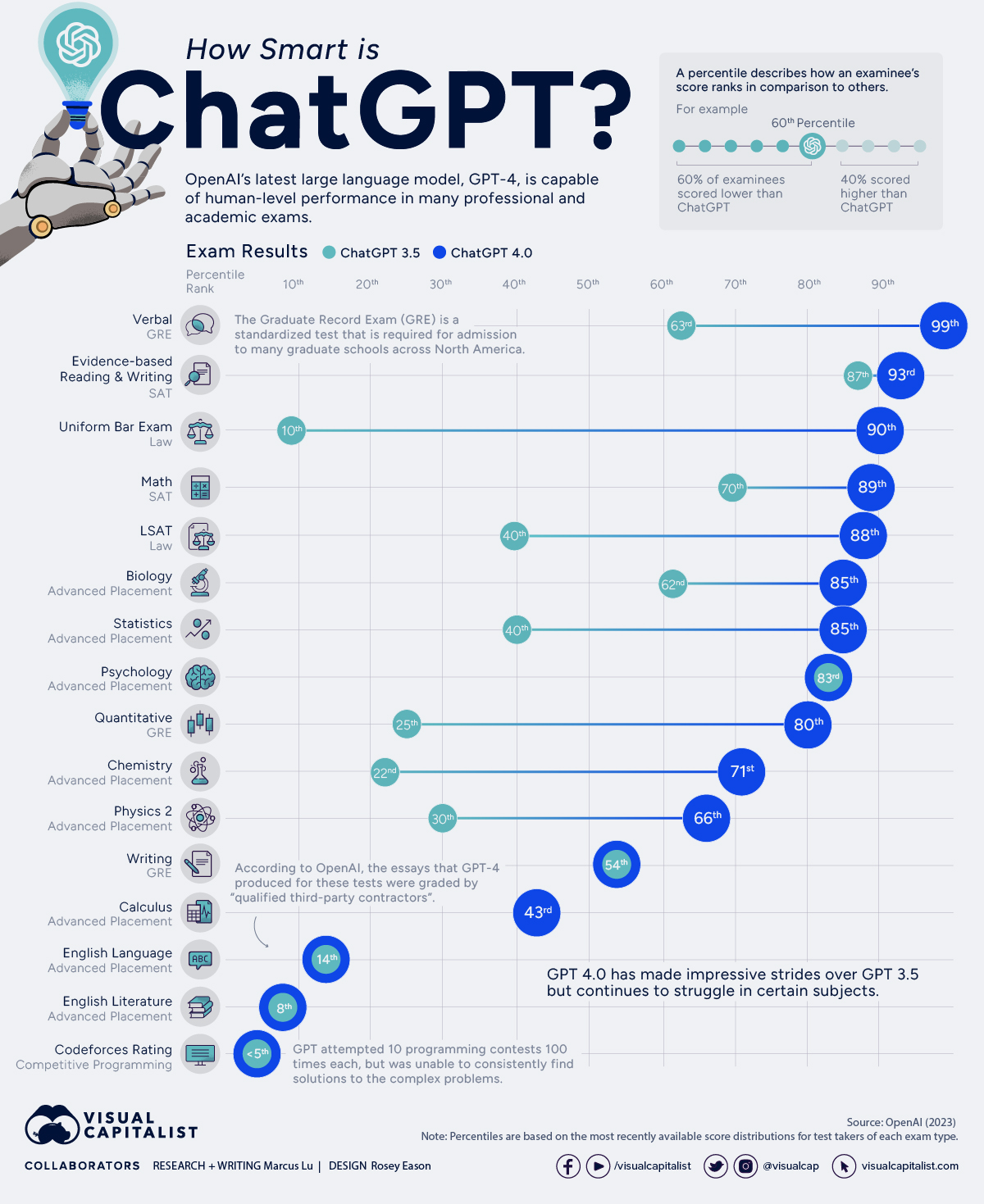In today’s “Truth is Stranger than Fiction” episode, Elon Musk and Mark Zuckerberg seem to be discussing a "cage match." But, for those of us who have been around awhile, we remember the first real billionaire fight when Herb Kelleher, co-founder of Southwest Airlines, settled a business dispute with a rival by arm wrestling in front of an audience at an arena, in an event dubbed “Malice in Dallas.”
This supposed cage fight started because Elon responded to someone on Twitter saying, “I’m up for a cage match if he is lol” to which Zuckerberg posted an Instagram story saying, “Send Me Location.”
Supposedly, there’s a real chance they do it, and talks they may do it in Vegas.
Now, their beef isn’t new. Back in 2016, Musk’s SpaceX was contracted to shuttle a satellite into orbit for Facebook. During a routine test, an explosion on the ground caused the satellite to be destroyed, and Zuck to say, “I’m deeply disappointed to hear that SpaceX’s launch failure destroyed our satellite that would have provided connectivity to so many entrepreneurs and everyone else across the continent.”
Ever since, they’ve been going at it. They take different stances on AI. They’ve gotten off each other’s platforms, etc.
So ... who do you think will win?

 Pornhub via
Pornhub via 

Here Are Some Links For Your Weekly Reading - June 11th, 2023
Here are some of the posts that caught my eye recently. Hope you find something interesting.
Lighter Links:
Trading Links:
Posted at 06:36 PM in Business, Current Affairs, Gadgets, Games, Healthy Lifestyle, Ideas, Just for Fun, Market Commentary, Music, Personal Development, Science, Trading, Trading Tools, Web/Tech | Permalink | Comments (0)
Reblog (0)